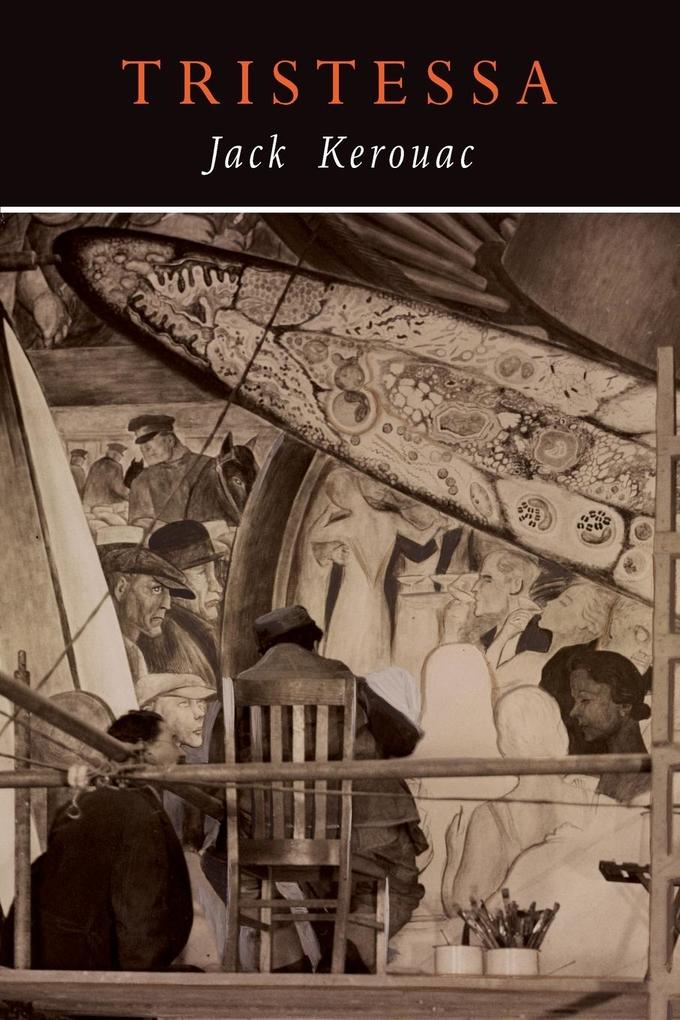
Zustellung: Di, 06.05. - Fr, 09.05.
Versand in 6 Tagen
VersandkostenfreiBestellen & in Filiale abholen:
2018 Reprint of 1960 Edition. Full facsimile of the original edition, not reproduced with Optical Recognition software. Tristessa is a novella by Beat Generation writer Jack Kerouac set in Mexico City. It is based on his relationship with a Mexican prostitute (the title character). The woman's real name was Esperanza ("hope" in Spanish); Kerouac changed her name to Tristessa ("tristeza" means sadness in Spanish and Portuguese).
Allen Ginsberg, in describing the book, wroteof the book as "...a narrative meditation studying a hen, a rooster, a dove, a cat, a dog, family meat, and a ravishing, ravished junkie lady". In Tristessa Kerouac attempts to sketch for the reader a picture of quiet transcendence in hectic and sometimes dangerous circumstances. He chronicles Tristessa's addiction to morphine and impoverished life with descriptions tinged with elements of her saintly beauty and her innocence.
Early in the novel, Kerouac attempts to communicate his Buddhist beliefs. These beliefs become entangled as a metaphor in the unfamiliar culture and language that Kerouac tries to grasp and connect with in the story. The contrast between the initial reaction that the reader may have of the impoverished, marginalized life of Tristessa and the self-destructive nature of her addiction contrast with the beauty of Kerouac's descriptions.
Allen Ginsberg, in describing the book, wroteof the book as "...a narrative meditation studying a hen, a rooster, a dove, a cat, a dog, family meat, and a ravishing, ravished junkie lady". In Tristessa Kerouac attempts to sketch for the reader a picture of quiet transcendence in hectic and sometimes dangerous circumstances. He chronicles Tristessa's addiction to morphine and impoverished life with descriptions tinged with elements of her saintly beauty and her innocence.
Early in the novel, Kerouac attempts to communicate his Buddhist beliefs. These beliefs become entangled as a metaphor in the unfamiliar culture and language that Kerouac tries to grasp and connect with in the story. The contrast between the initial reaction that the reader may have of the impoverished, marginalized life of Tristessa and the self-destructive nature of her addiction contrast with the beauty of Kerouac's descriptions.
Produktdetails
Erscheinungsdatum
13. Dezember 2018
Sprache
englisch
Seitenanzahl
98
Autor/Autorin
Jack Kerouac
Verlag/Hersteller
Produktart
kartoniert
Gewicht
164 g
Größe (L/B/H)
234/156/6 mm
ISBN
9781684222896
Entdecken Sie mehr
Bewertungen
0 Bewertungen
Es wurden noch keine Bewertungen abgegeben. Schreiben Sie die erste Bewertung zu "Tristessa" und helfen Sie damit anderen bei der Kaufentscheidung.









